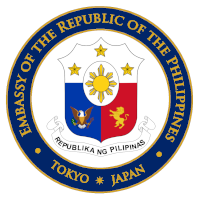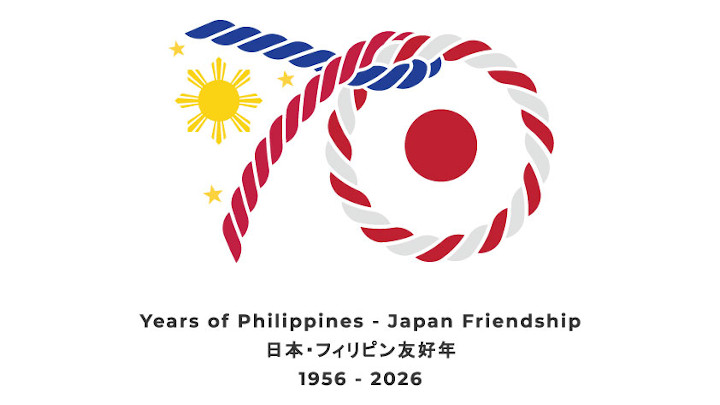Philippine Legislators Attending 3rd UN World Conference on Disaster Risk Reduction (3WCDRR) Call on Fellow Parliamentarians to Create Policy Environment and Strategy for Effective Disaster Risk Reduction
 13 March 2015 – Philippine legislators called on members of the Inter-Parliamentary Union (IPU) to create in their countries the policy environment for effective disaster risk reduction (DRR) and enact laws that provide incentives to the private sector to build disaster resilient houses and communities.
13 March 2015 – Philippine legislators called on members of the Inter-Parliamentary Union (IPU) to create in their countries the policy environment for effective disaster risk reduction (DRR) and enact laws that provide incentives to the private sector to build disaster resilient houses and communities.
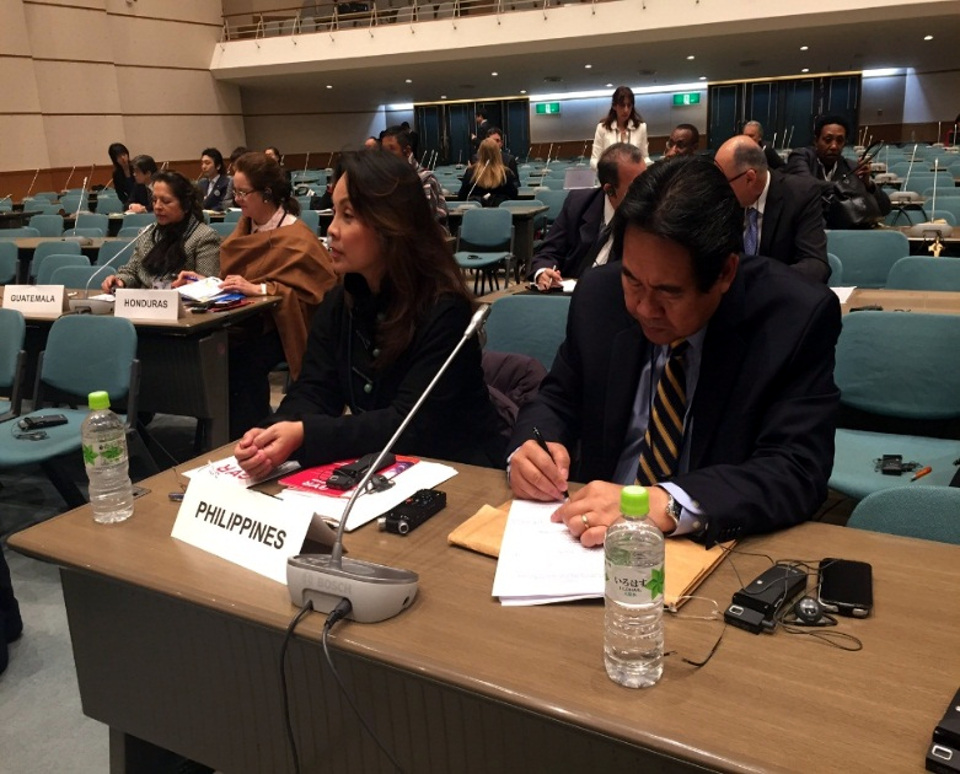 Senator Loren Legarda and Congressman Rufus Rodriguez (photo below), who are members of the Philippine Delegation to the 3rd UN World Conference on Disaster Risk Reduction (3WCRDD) being held in Sendai, Miyagi Prefecture, Japan from 13-18 March 2015, issued the call in their respective remarks at the Inter Parliamentary Union (IPU) Parliamentary Meeting for Governance and Legislation for Disaster Risk Reduction held on 13 March 2015.
Senator Loren Legarda and Congressman Rufus Rodriguez (photo below), who are members of the Philippine Delegation to the 3rd UN World Conference on Disaster Risk Reduction (3WCRDD) being held in Sendai, Miyagi Prefecture, Japan from 13-18 March 2015, issued the call in their respective remarks at the Inter Parliamentary Union (IPU) Parliamentary Meeting for Governance and Legislation for Disaster Risk Reduction held on 13 March 2015.
In her extemporaneous remarks, Senator Legarda exhorted the parliamentarians, who have the mandate to introduce change, to craft “an effective and implementable DRR policy that is inclusive, resilient, sustainable and affordable for all concerned.” In drafting DRR legislation, Senator Legarda cited 4 important targets for parliamentarians. First, there is the need to understand and define the risk and the hazard. This is essential in the preparation of a system not only for single hazards but for a Multi Hazard Early Warning System or MHEWS. The MHEWS should be an impact based forecast with risk based warnings, Senator Legarda explained, adding that the system must be adapted by the local government units down to the barangay level.
Second, governments must ensure that DRR laws work and are well implemented in both the national and local level. In this context, each community should be able to implement and operationalize the DRR laws, Senator Legarda added.
Third, Senator Legarda said governments should invest in resilience and ensure that the DRR policy is “mainstreamed in the national budget.” In sharing experience and best practice, the Senator cited the efforts of the Philippines to include the calamity fund now known as the DRR Fund in the national budget. The DRR Fund provides financial support for DRR preparedness and mitigation and not merely for rehabilitation and recovery.
Senator Legarda stressed that as parliamentarians “they have the power of the purse and can mainstream DRR and marry it with climate change adaptation”
Fourth, Senator Legarda stressed that international cooperation should be institutionalized in international agreements. The Senator called on the IPU members to help craft a final agreement that will be an international binding commitment for the states to address DRR. She also asked the parliamentarians to ensure an effective and implementable DRR policy which is inclusive, resilient, sustainable and affordable for all concerned.”
During the open forum, Senator Legarda emphasized the in formulating legislation on DRR, they must rely on a scientific agency in formulating a DRR system. She discussed the crafting of a simple scientific system that takes into account the vulnerabilities of a particular country.
Early warning systems must be understood by the population and the real time transmittal of information is important in order to enable people to respond to disasters. Senator Legarda stressed the importance to the population of information, education and communication or IEC in DRR laws in the early warning systems.
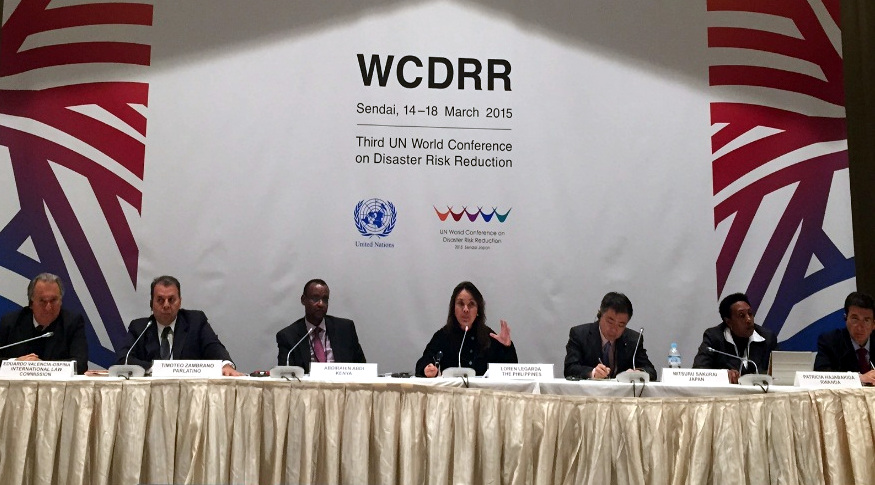 As drafters of laws, parliamentarians should ingrain science in the DRR law, Senator Legarda said, adding that there must be a system to identify the agency that is accountable for DRR especially during recovery and rehabilitation phase.
As drafters of laws, parliamentarians should ingrain science in the DRR law, Senator Legarda said, adding that there must be a system to identify the agency that is accountable for DRR especially during recovery and rehabilitation phase.
The Senator commented that the Philippine DRR laws are far from perfect and thus she will propose amendments to include the MHEWS in order to make the DRR system more comprehensive. She said that policy should regularize, institutionalize and regularize DRR and parliamentarians should allocate percentage of the national budget for DRR programs.
 For his part, Congressman Rodriquez commented during the panel discussions that “all politics is local and disaster risk reduction is local because the first people to be hit in a disaster are those in the localities.” In remarks as a panel member, he suggested to the parliamentarians that the private sector, especially construction firms, should be given incentives to build houses and communities that are resilient to natural disasters. Under the concept of “build-back-better”, Congressman Rodriquez said builders of houses and communities should be given tax holidays for six years and tax exemption for the importation of construction equipment as incentives to build typhoon resilient houses. “The government cannot fund these projects alone and thus the private sector should be given the right encouragement to build houses and communities that are designed to protect the residents from natural calamities,” Congressman Rodriquez added.
For his part, Congressman Rodriquez commented during the panel discussions that “all politics is local and disaster risk reduction is local because the first people to be hit in a disaster are those in the localities.” In remarks as a panel member, he suggested to the parliamentarians that the private sector, especially construction firms, should be given incentives to build houses and communities that are resilient to natural disasters. Under the concept of “build-back-better”, Congressman Rodriquez said builders of houses and communities should be given tax holidays for six years and tax exemption for the importation of construction equipment as incentives to build typhoon resilient houses. “The government cannot fund these projects alone and thus the private sector should be given the right encouragement to build houses and communities that are designed to protect the residents from natural calamities,” Congressman Rodriquez added.
He also shared his views on DRR stating that: “While we are quite prepared already in the aspect of recovery, we are still behind in mitigation. Our recent experience with typhoon Haiyan will show, most of our local officials lack the training to reduce risks and conduct recovery and rehabilitation efforts. More importantly, they lack the know-how on how to mitigate disaster risks and how to address issues on the CCA and DRR.”
In terms of strengthening congressional action on CCA and DRR, Congressman Rodriguez informed the IPU members that the House of Representatives has a new Committee on Climate Change, which was created as a result of a resolution he filed and composed of 20 congressmen.
Congressman Rodriguez added that he has filed House Resolution 849 urging the National Economic and Development Authority to include disaster resilient development through DRR in the 10-year National Development Plan and House Resolution 850 urging the Department of Trade and Industry and the Board of Investments to include in the Philippine Investments Priority Plan the investments by the private sector for disaster resilient development through DRR projects.
Representatives from the International Law Commission discussed during the IPU meeting a draft convention on DRR. Congressman Rodriguez noted that there is no duty yet for States to reduce hazard. He added if the duty of states to reduce hazard is elevated to customary law, then it would be easy for governments to enact local legislation on DRR.
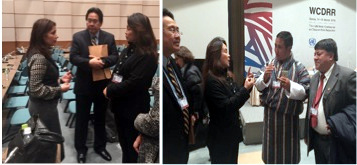 At the end of the meeting, Parliamentarians from Cambodia, Uganda, Nepal, Kenya and Bhutan (photos at right) commended Senator Legarda and Congressman Rodriguez in mainstreaming DRR into the national consciousness.
At the end of the meeting, Parliamentarians from Cambodia, Uganda, Nepal, Kenya and Bhutan (photos at right) commended Senator Legarda and Congressman Rodriguez in mainstreaming DRR into the national consciousness.
The IPU Meeting is a prelude to the 3WCDRR that opens on 14 March 2014 with the participation of legislators who are members of country delegations. The 3WCDRR aims to complete an assessment and review of the implementation of the Hyogo Framework for Action (HFA) and adopt a post-2015 framework for disaster risk reduction.
The HFA explains, describes and details the work that is required from all governments, sectors and actors to reduce disaster losses. Its goal is to substantially reduce disaster losses by 2015 by building the resilience of nations and communities to disasters. This means reducing loss of lives and social, economic, and environmental assets when hazards strike.
In the Philippines, the National Disaster Risk Reduction and Management Act of 2010 provides for the development of policies and plans and the implementation of actions and measures pertaining to all aspects of disaster risk reduction and management, including good governance, risk assessment and early warning, knowledge building and awareness raising, reducing underlying risk factors, and preparedness for effective response and early recovery. The NDRR Management Act of 2010 created the National Disaster Risk Reduction and Management Council (NDRRMC), tasked to create a framework that will provide for a comprehensive, multi-sectoral, inter-agency and community-based approach to disaster risk reduction and management, Senator Legarda added.
Complementing the NDRRM Act of 2010 is the Philippine Climate Change Act (CCA), which was commended by Ms. Margareta Wahlstrom, Special Representative of the UN Secretary General for DRR, as “an excellent legal framework for DRR and an excellent legal framework for climate adaptation.”
The 3WCRDD opens on 14 March 2015 at the Sendai International Center with about 7,000 delegates from 44 countries including the Philippines. The preparatory meeting was held on 13 March 2015 where delegates finalized most of the outcome documents for consideration in the plenary session. END
